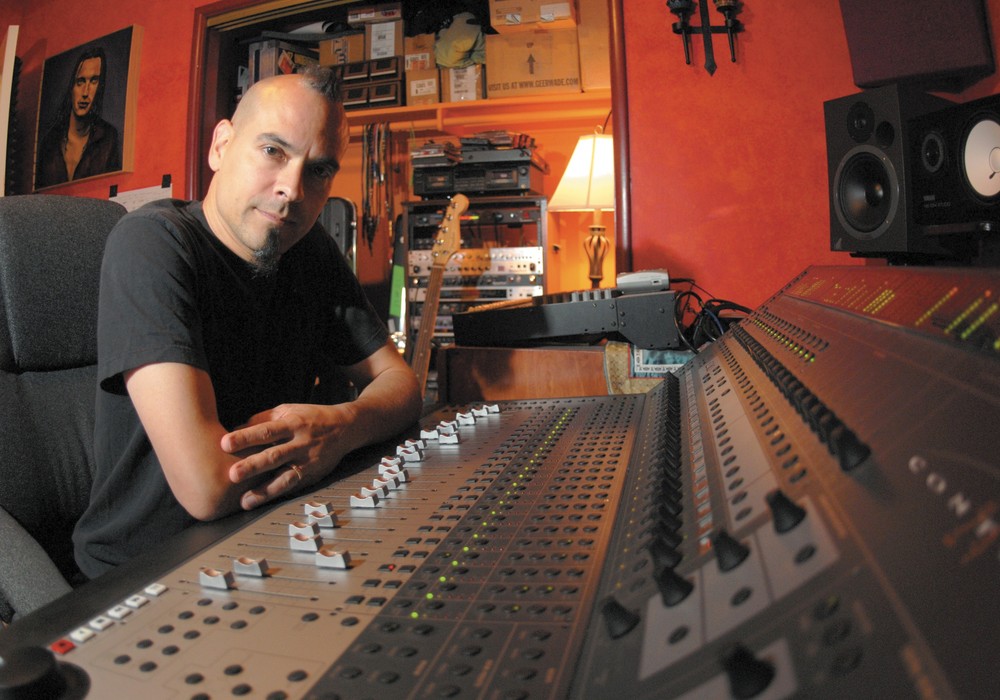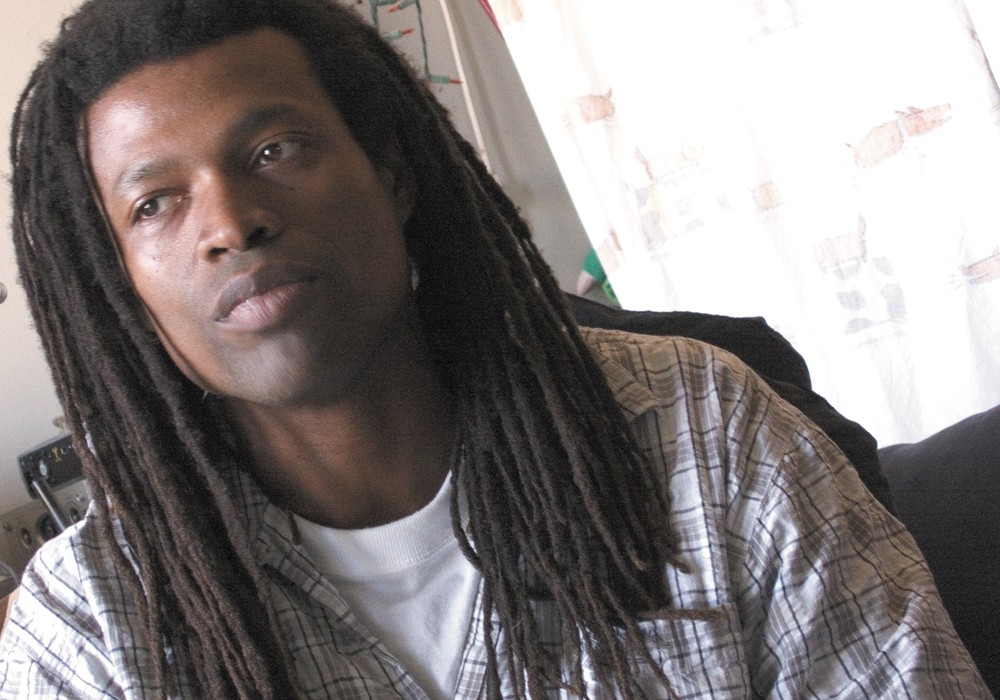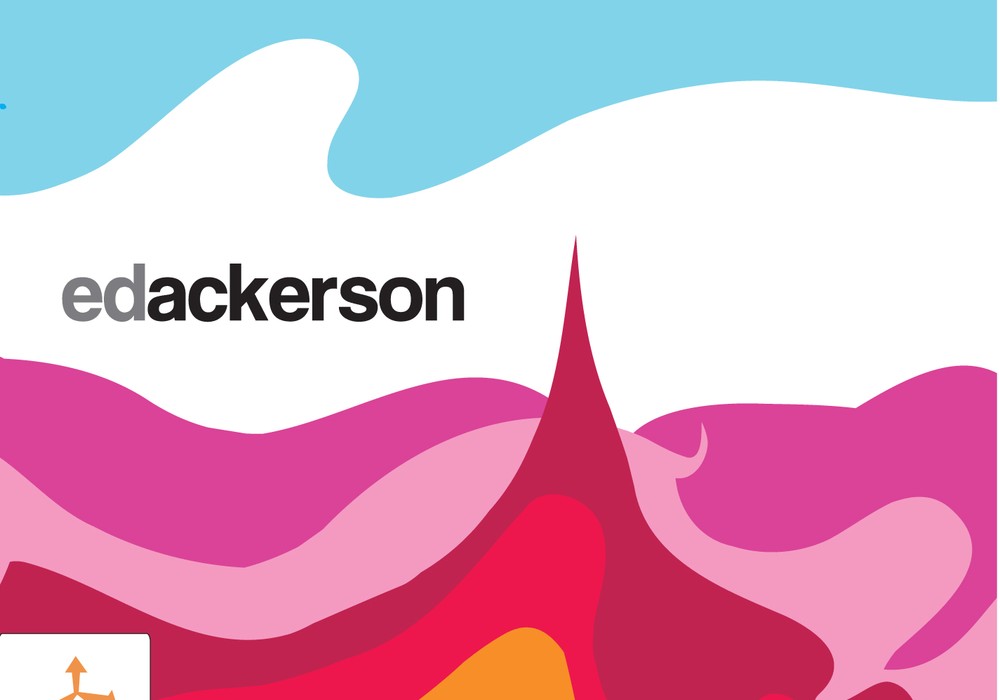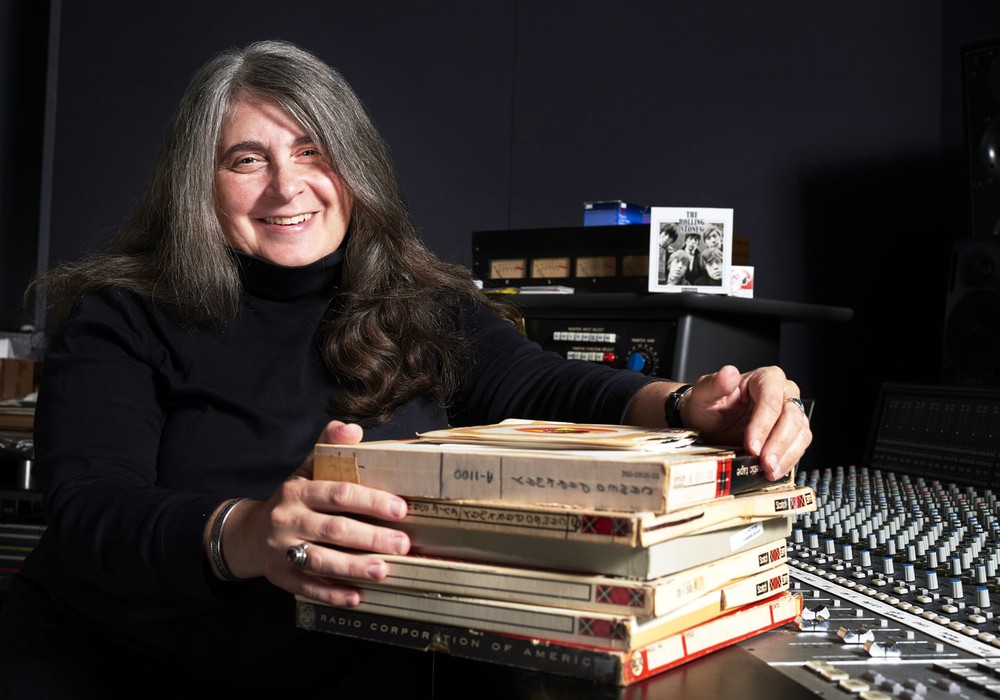Early in 2010 I got to work with Bob Clearmountain while he mixed the recent Bryan Ferry album, Olympia, with producer Rhett Davies at (my long-time mentor) Hugh Padgham's Sofa Sound studio in West London. One of the world's most successful mix engineers, Bob invented the concept of the specialist hit mix engineer — having mixed anyone who's anyone from the '70s to the present day, there would be plenty to talk about! Unfortunately, by the time we all had a good handle on the session itself, there wasn't time to put together the landmark interview that I was hoping for. Consider this more like studio gossip with Bob. These were topics that came up in conversation that we're printing with his permission. Bob is one of the nicest people I have ever had the pleasure to work with, and I hope that we will be able to give him more thorough coverage in the near future.
DAY ONE
You started at The Power Station?
No, I started at a place called Media Sound Studios in New York (which closed years ago) from '72 through '77. I went to Power Station when it first opened and I helped put it together.
Was that a nurturing place where you were encouraged to move on?
Well, it was more the other way around, where I was encouraging the other guys. [laughs] It was more like a team. Because I helped build the studio, I was kind of chief engineer, if there is such a thing. We really didn't have a title, but I was the main guy there when it started — production-wise maybe, because the owner Tony Bongiovi got me into producing — I co-produced three or four punk bands with him. Except it turned out that I finally decided that I didn't like producing, so years later I gave that up. Mixing became my main thing. My manager just felt the same way — I never really thought in those terms, but he was being a manager and was like, "Look, you can do better financially by just mixing than you can producing." Producing — you've got to get pretty lucky to do well.
The Dead Boys' Young Loud and Snotty — what happened around that album? Did you really play bass on that?
Yeah. [The producer was] this friend of mine, Genya Ravan — one of my best friends' girlfriend at the time. They came from Cleveland, they didn't have a bass player and she knew that I played bass, because her boyfriend Harvey [Goldberg] and I had one of those studio workshop bands — going in on the weekends and cutting stuff and me playing guitar. She goes, "You play bass?" and I said, "Yeah, sure." So I played bass on it and then I mixed it. When we finished mixing we went back and listened to the mixes, and the best mix on the album was the one she wanted to remix. I mean, it was perfect and I really learned from that experience. I went, "Are you fuckin' crazy?" and she fired me and remixed it with her boyfriend Harvey. They released my mixes eventually.
In '89 or something? [as Younger, Louder and Snottier]
Yeah, I don't know which are better though... I never compared. Harvey is a great mixer, so his mixes are good too.
The Rolling Stones' Shine a Light film has come up a few times in conversation. When Keith Richards walks across the stage, the guitar sound follows his movement, and whatever you are looking at in the picture jumps out a bit more — did you get the final cut of that and mix to it?
The way that worked was after the show I did some rough mixes that I gave to the film people, and then they worked on it for a number of months and gradually sent me final pictures. Martin Scorsese — his directive was, "Whatever we see on the screen, that's what I want to hear." He was very adamant about it. He said, "We're not mixing a record, we're mixing a movie and I want to feature whatever." So it's mixed to the cut, the actual edit of the film. He was very adamant about it, so that's what I did. Every time you see Keith and he comes to the center — the perspective of the audio changes.
Was that a big undertaking?
Not too big. I really enjoyed doing it that way. Marty would get too extreme with it. He'd just say, "No, no. I need more!" When Buddy Guy started singing, he just wanted it to be thunderous. You know, Buddy Guy's got a thunderous voice anyway, but every time I'd play it for him — 'cause I'd go back and forth many times and do a mix and he'd play it — "No, no. More of this. More Buddy. More Keith." The trick was to make it so the music still flowed in some way so that it wasn't ridiculous. I mean I would never listen to that soundtrack with my eyes closed. I...
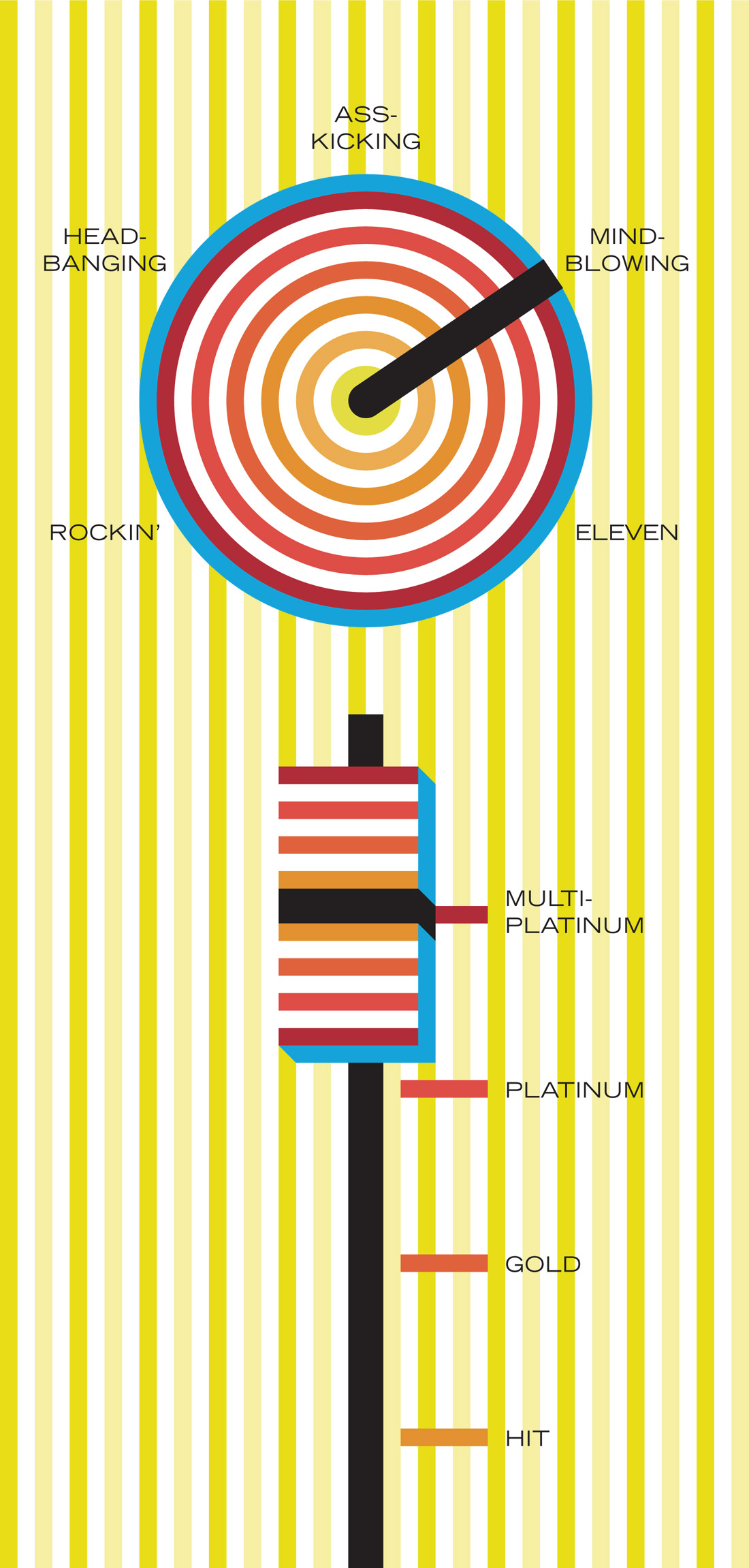

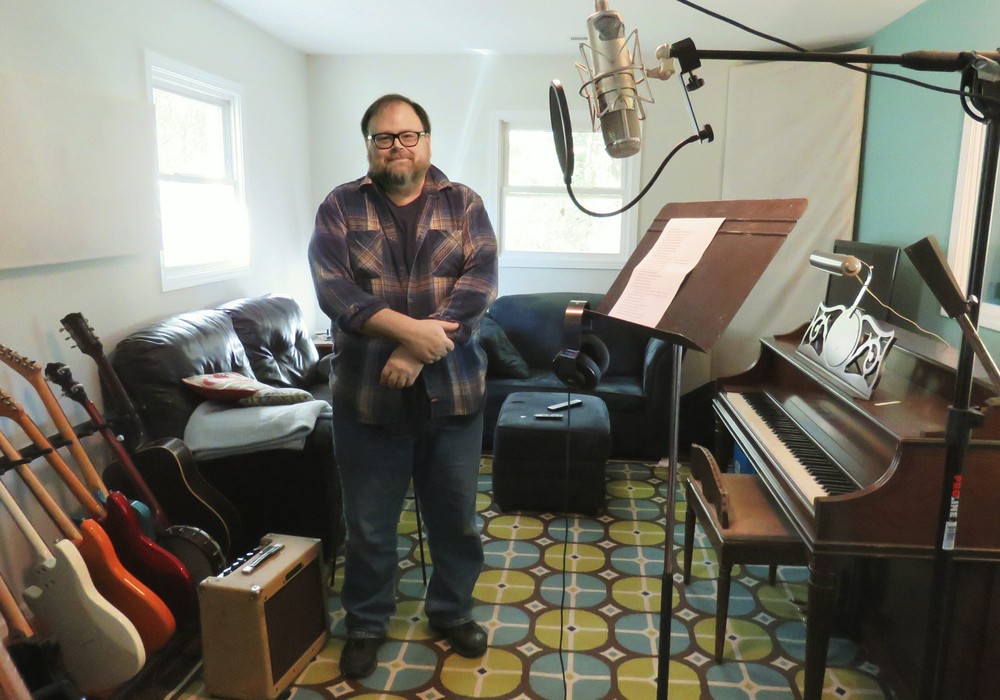
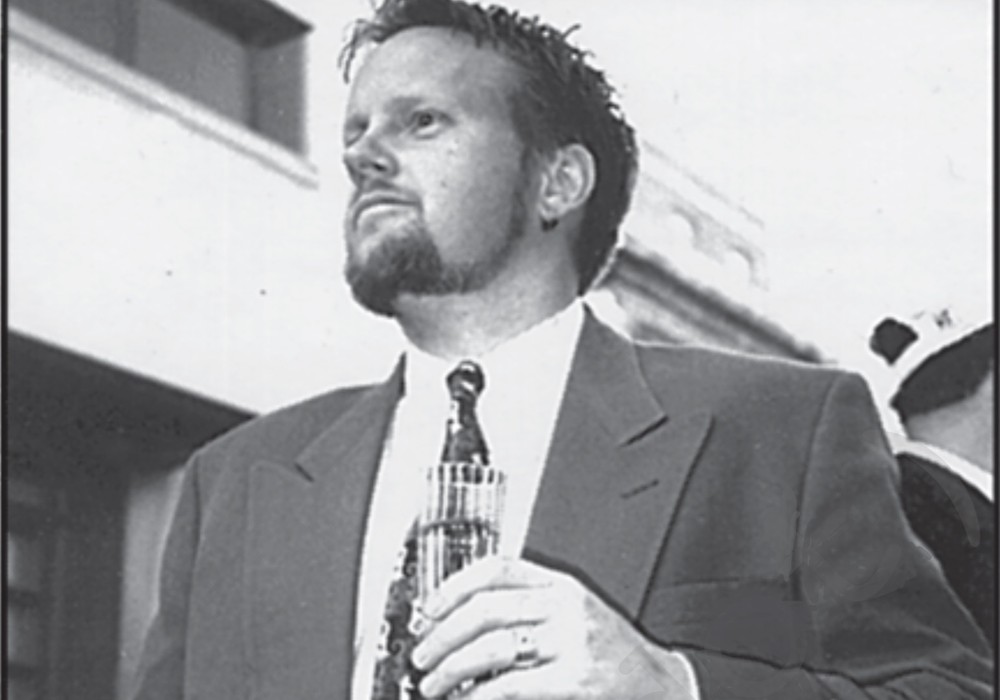
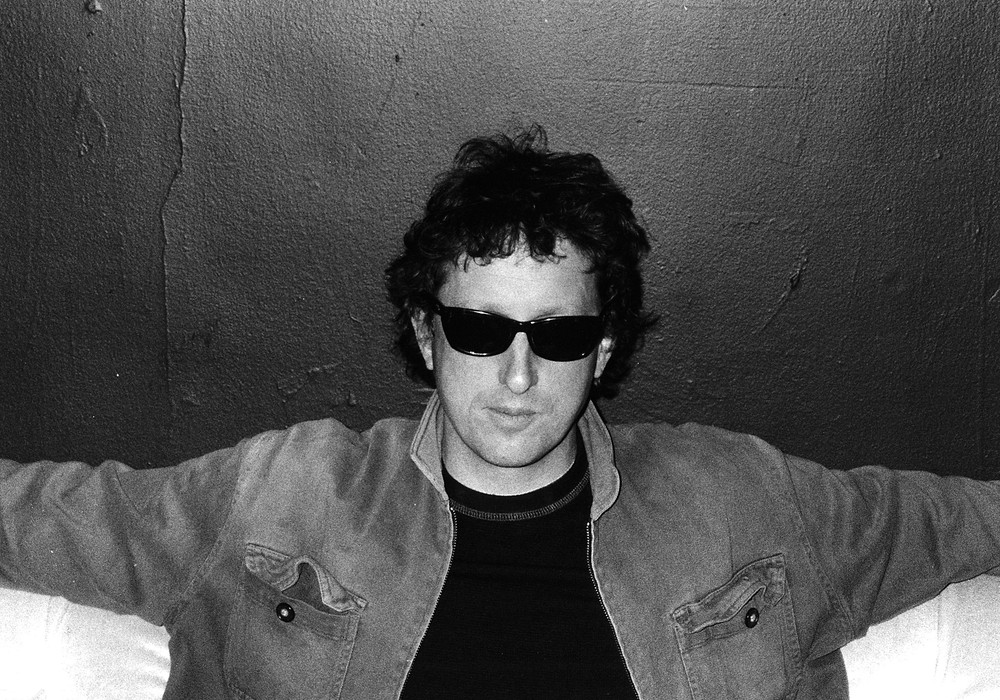
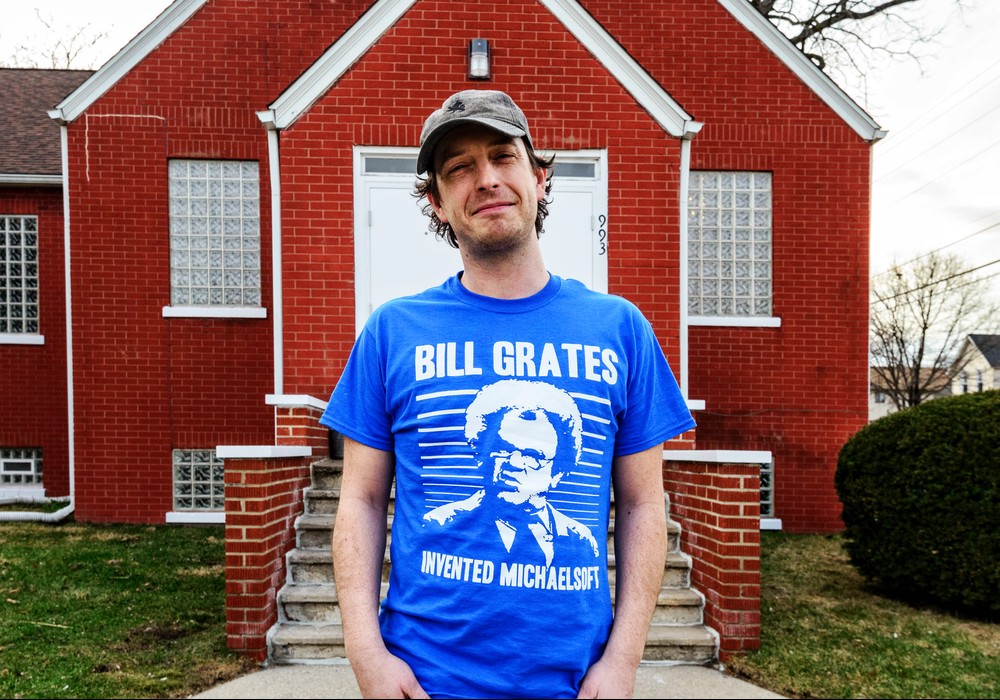
_display_horizontal.jpg)
